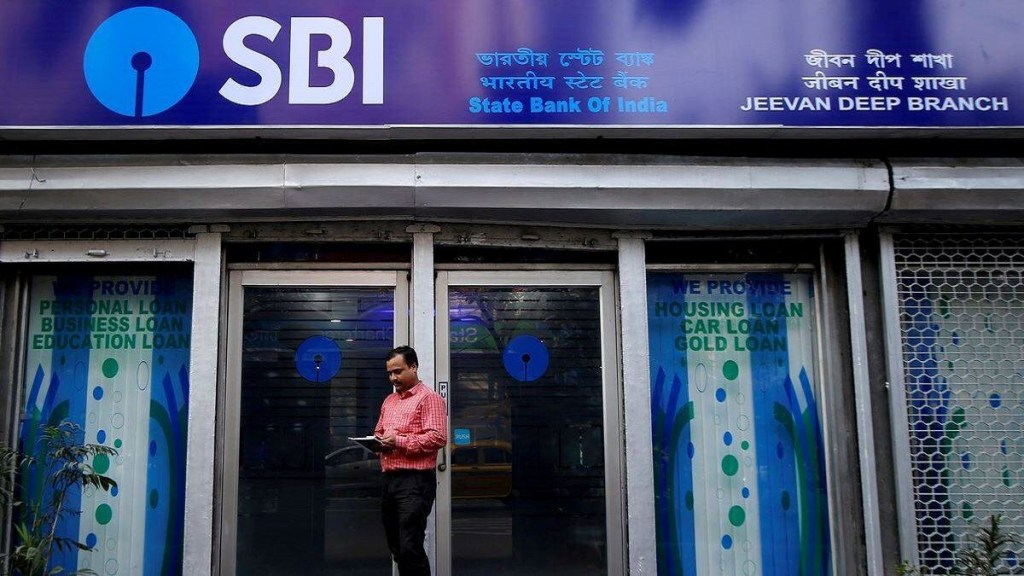The country’s biggest lender, State Bank of India (SBI), has filed a plea in the Supreme Court (SC) seeking clarification on its March 27 order on fraud account classification, as per a court filing by the bank.
SBI’s move comes on the back of the SC’s order by a bench of Chief Justice of India D Y Chandrachud and Justice Hima Kohli which upheld the judgment of the division bench of the Telangana high court on December 10, 2020. The apex court ruled that it is reasonably practicable for the bank to provide an opportunity for a hearing to borrowers before classifying their accounts as fraud.
The top court also ruled that borrowers must also be given an opportunity to understand the findings of forensic audit report of their loan accounts, and a final hearing opportunity before their accounts are classified as fraud under the RBI’s Master Directions on fraud classification.
The bank, in a fresh application, has sought to clarify that providing relevant extracts from the forensic auditor report, would meet the ends of justice and be prospective in operation.
“The present application seeking clarification is required to be filed as there is an apprehension of the said judgment being misconstrued and misapplied in absence of the clarifications which are sought in the present application,” SBI said in its plea, adding, ‘their default has substantially contributed to the weakening of the financial position of the banks, affecting the economy of the nation.’
SBI’s legal counsel said handing over the complete forensic auditor report to the borrowers would hamper the investigation by law enforcement agencies as it would result in forewarning the perpetrators by way of disclosure of confidential and critical information. This could give them an opportunity to delay the investigation, destroy the evidence and abscond from the country.
“This is more so since the forensic report which is the basis of the decision making is prepared based upon the documents supplied by the borrower themselves and in the process of forensic audit the borrowers/representatives do participate. Hence supplying relevant extract of the forensic auditor report would meet the ends of justice,” it added.
Lastly, SBI has urged the Supreme Court to allow banks to decide the time frame of adjudication, depending upon the urgency of the matter and sought the apex court to clarify that providing relevant extracts from the forensic auditor report would meet the ends of justice.
The RBI’s 2016 circular on fraud classification was challenged by over 100 companies in the apex court. The application is likely to be heard next week.

